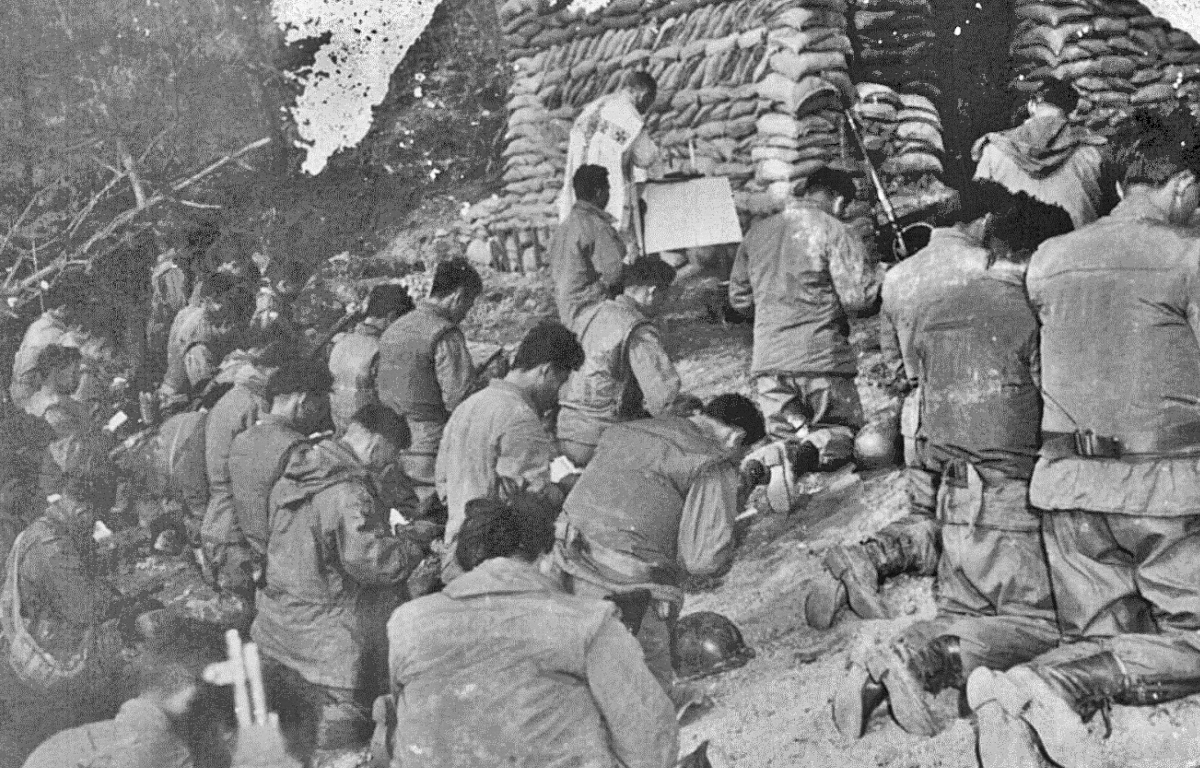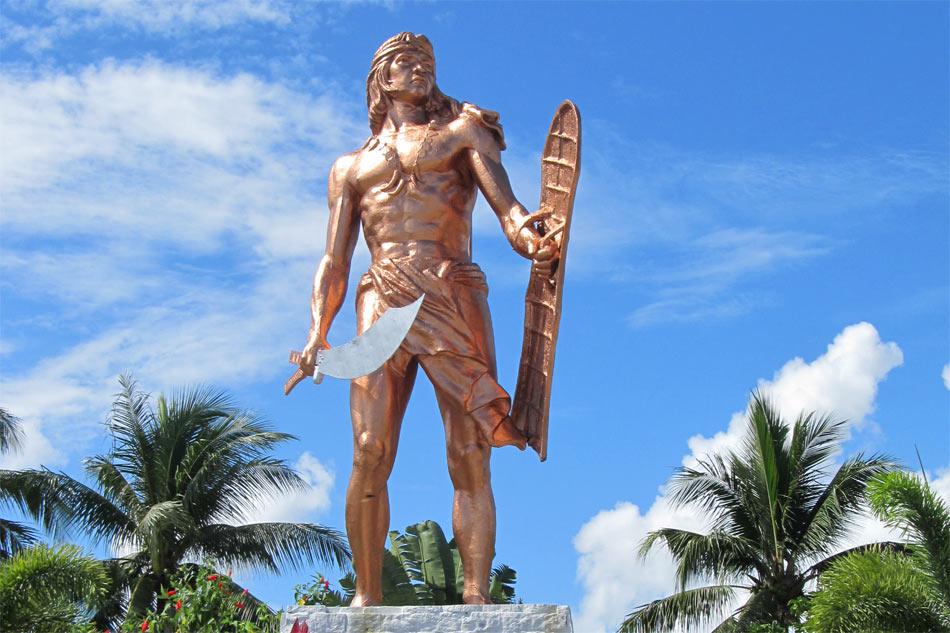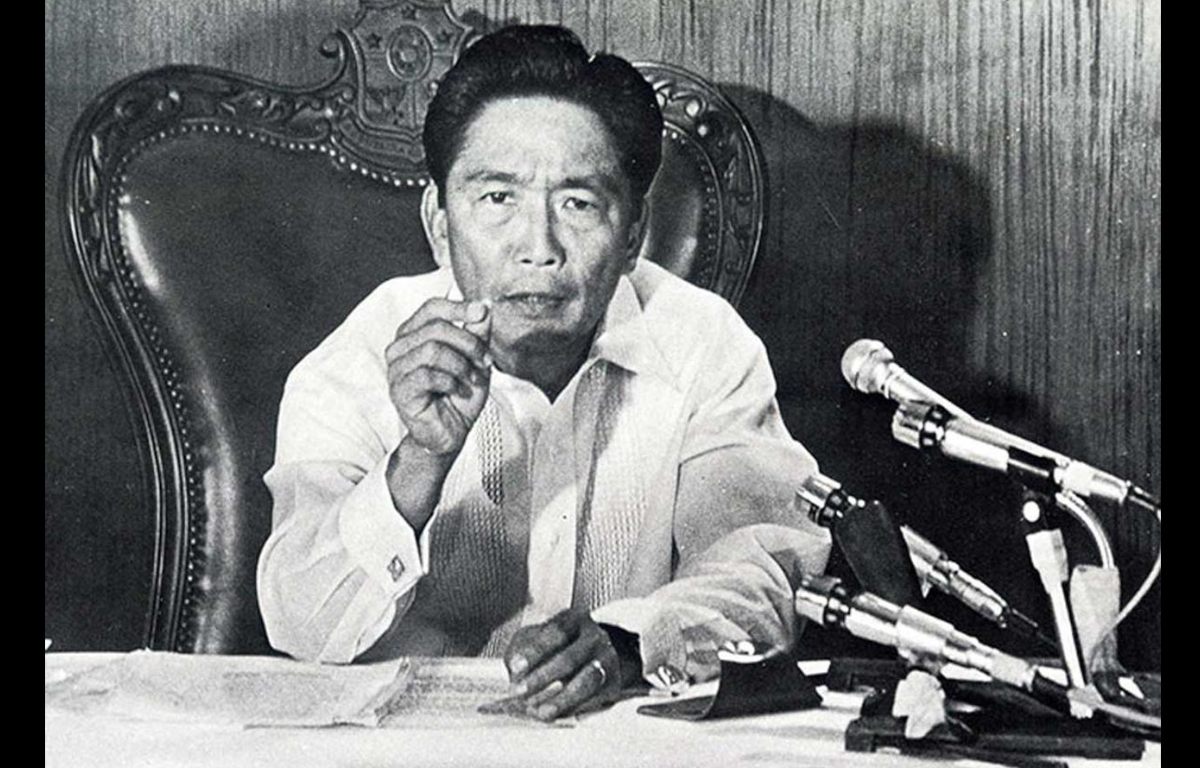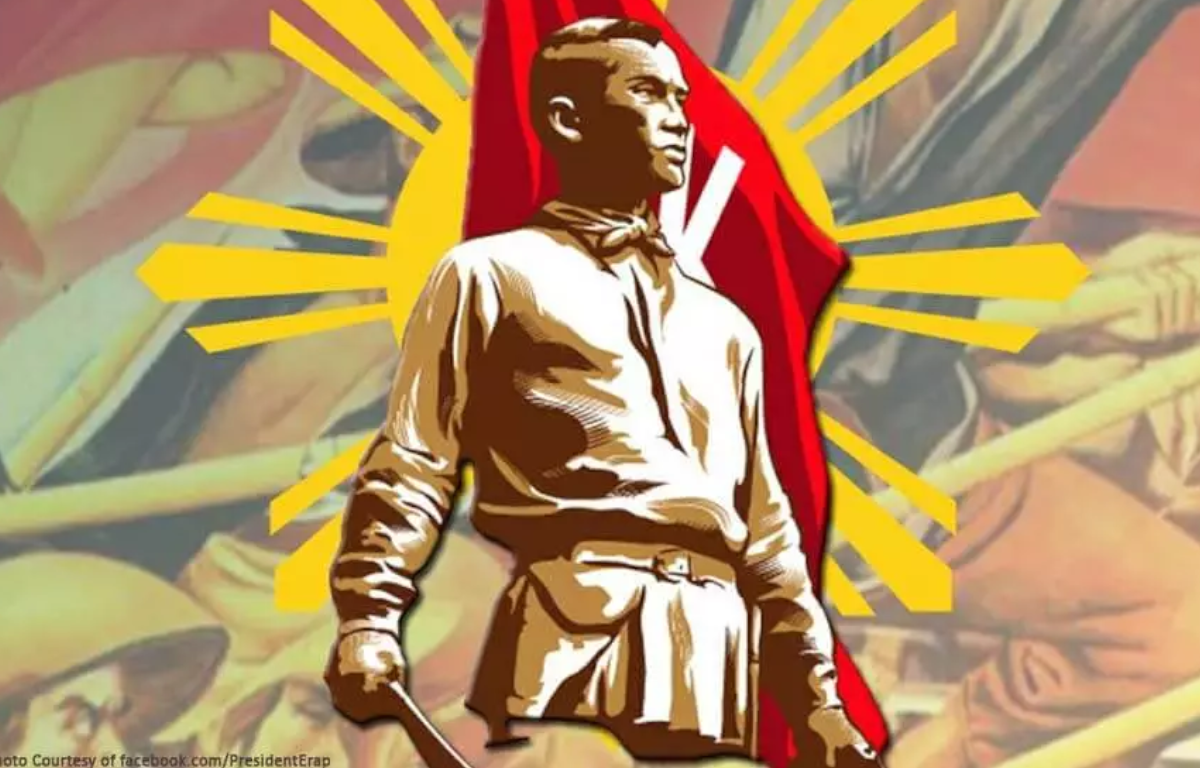
The late 19th century was a tumultuous period in the Philippines, marked by Spanish colonial rule and growing dissent among the Filipino people. Dr. Jose Rizal, a prominent national hero, actively advocated for reforms and awakened national consciousness. However, his banishment to Dapitan in 1892 further fueled the flames of discontent among those who shared his aspirations.
Against the backdrop of political suppression and a thirst for change, the Katipunan was founded on the day Rizal’s banishment became public. In a small gathering in Tondo, Manila, on July 7, 1892, Andrés Bonifacio, a passionate and visionary leader, rallied like-minded individuals committed to fighting for the nation’s freedom. The group comprised Ladislao Diwa, Teodoro Plata, Valentin Diaz, and Deodato Arellano, alongside Bonifacio himself. United by their love for the Philippines and their determination to end Spanish oppression, these men embarked on a path that would forever alter Philippine history.
The Katipunan’s primary objective was to achieve Philippine independence through revolutionary means. Recognizing that casting off the shackles of colonialism was necessary for progress and self-determination, its members pledged unwavering loyalty to the cause. Their commitment extended to fighting for freedom until their last breath.
The establishment of the Katipunan served as a catalyst for a widespread movement against Spanish rule, igniting a flame of resistance that quickly spread throughout the archipelago. Filipinos from various social classes and backgrounds joined forces in the common struggle for liberation. The Katipunan’s recruitment and organization methods, including its distinct hierarchy and secret rituals, solidified its influence. Operating clandestinely, its members, known as “Katipuneros,” employed pseudonyms and a network of cells to maintain secrecy and evade Spanish authorities.
Although the Katipunan’s existence was short-lived, its impact was profound. It sparked the Philippine Revolution of 1896, a pivotal moment that eventually led to the country’s independence from Spain in 1898. The values of unity, selflessness, and sacrifice upheld by the Katipuneros continue to resonate in the hearts of Filipinos, serving as a reminder of the extraordinary lengths ordinary individuals can go to when driven by a shared vision of liberty.
The founding of the Katipunan by Andrés Bonifacio and his compatriots in Tondo, Manila, on the day Dr. Jose Rizal’s banishment was made public marked a turning point in the fight for Philippine independence. Amid adversity, these courageous patriots united, laying the foundation for a revolutionary movement that shaped the nation’s destiny. Their unwavering commitment to freedom, unity, and self-determination continues to inspire generations, standing as a testament to the resilience and indomitable spirit of the Filipino people.










Share this: